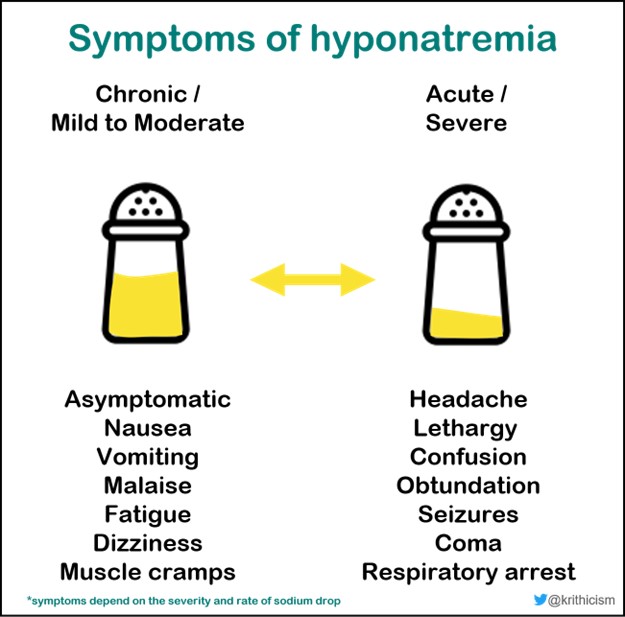A nurse is collecting data for a client following electroconvulsive therapy. Which of the following adverse effects should the nurse expect?
Vomiting
Confusion
Incontinence
Tinnitus
The Correct Answer is B
A nurse collecting data for a client following electroconvulsive therapy should expect that the client may experience confusion as an adverse effect. Confusion is a common side effect of electroconvulsive therapy and can last for minutes to hours after treatment.
The other options are not typical adverse effects of electroconvulsive therapy.
a) Vomiting is not a typical adverse effect of electroconvulsive therapy.
c) Incontinence is not a typical adverse effect of electroconvulsive therapy.
d) Tinnitus is not a typical adverse effect of electroconvulsive therapy.

Nursing Test Bank
Naxlex Comprehensive Predictor Exams
Related Questions
Correct Answer is A
Explanation
Answer: (A) Inject 20 units of air into the vial of NPH insulin.
Rationale:
A) Inject 20 units of air into the vial of NPH insulin:
Injecting air into the vial of NPH insulin is the first step to prevent creating a vacuum, which could make it difficult to withdraw the insulin later. The nurse must inject the corresponding amount of air for the dose needed, ensuring that the insulin can be withdrawn smoothly and accurately without bubbles, which could affect the dose.
B) Inject 5 units of air into the vial of regular insulin:
Injecting air into the regular insulin vial is also necessary before withdrawing the insulin, but it should be done after injecting air into the NPH vial. This sequence ensures that no NPH insulin contaminates the regular insulin vial when the nurse withdraws the doses later.
C) Withdraw 20 units of NPH insulin from the vial:
Withdrawing NPH insulin should be done after air is injected into both vials and after the regular insulin has been drawn up. This sequence prevents the mixing of the two types of insulin and ensures accurate dosing, which is crucial for maintaining the correct blood glucose levels.
D) Withdraw 5 units of regular insulin from the vial:
Withdrawing regular insulin is critical to do before the NPH insulin to prevent contamination of the regular insulin with NPH, which could alter the onset and peak times of the regular insulin. However, it should follow the steps of injecting air into both vials, starting with the NPH vial.
Correct Answer is A
Explanation
Hyponatremia refers to a lower-than-normal level of sodium in the blood. Sodium is an essential electrolyte involved in various bodily functions, including maintaining fluid balance and transmitting nerve impulses. When sodium levels are low, it can lead to fluid imbalances, affecting the function of muscles and nerves. Muscle cramps are a common manifestation of hyponatremia and occur due to alterations in muscle excitability and contractility.
Constipation: Constipation is not typically associated with hyponatremia. It can occur due to various reasons, such as dietary factors, lack of physical activity, or other medical conditions, but it is not a direct consequence of low sodium levels.
Hypertension: Hyponatremia is not usually associated with hypertension (high blood pressure). Hypertension can be caused by several factors, including genetics, lifestyle, and certain medical conditions, but it is not directly related to low sodium levels.
Blurred vision: While blurred vision can occur in some medical conditions, such as diabetes or certain eye disorders, it is not a typical finding in hyponatremia. Visual disturbances are not a direct consequence of low sodium levels.

Whether you are a student looking to ace your exams or a practicing nurse seeking to enhance your expertise , our nursing education contents will empower you with the confidence and competence to make a difference in the lives of patients and become a respected leader in the healthcare field.
Visit Naxlex, invest in your future and unlock endless possibilities with our unparalleled nursing education contents today
Report Wrong Answer on the Current Question
Do you disagree with the answer? If yes, what is your expected answer? Explain.
Kindly be descriptive with the issue you are facing.
